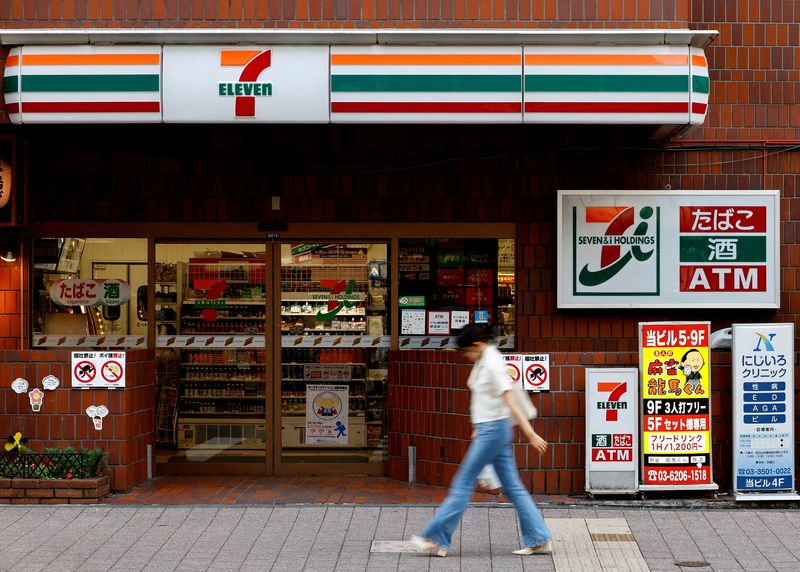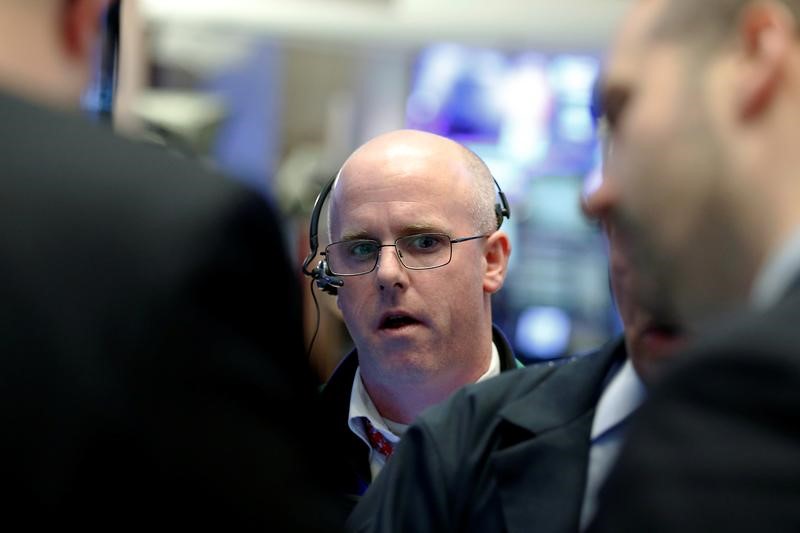At Antonbrug
TOKYO (Reuters) – Japan’s Seven & i will try to convince shareholders it can achieve long-term growth on its own when it addresses them on Thursday, after announcing a sweeping breakup plan aimed at attracting a $47 takeover bid billion to ward off.
The owner of 7-Eleven will hold an investor day briefing with analysts and investors and answer questions about its global and domestic supermarket operations.
Seven & i is fighting to remain independent after Canada’s Alimentation Couche-Tard announced a preliminary offer in August. The owner of Circle-K convenience stores has since raised its offer 22% to about $47 billion, sources said. If it goes through, the deal would be the largest foreign acquisition of a Japanese company ever.
While Japan’s 7-Eleven convenience stores are a moneymaker, Seven & i has been hampered by poor performance at its supermarkets, including the Ito Yokado stores that are a crucial part of the holding company it created decades ago. Some foreign shareholders have long been calling for a breakup of the company.
Seven & i has said it is “confident” that it can unlock shareholder value itself. With the restructuring announced this month, the company aims to spin off its supermarket activities and about thirty other ‘non-core activities’ into a holding company. Market reception has been disappointing so far, with shares showing little movement since Seven & i laid out its plan.
One investor, US fund Artisan Partners (NYSE:), has said the plan is “too little, too late” and urged Seven & i to engage with Couche-Tard.
“Couche-Tard’s offering reinforces the fact that investors may want to be able to cash in on their 7-Eleven shares now rather than relying on an uncertain timeframe to see the surface value,” said Lorraine Tan, director of equity research for Asia . at Morgenster.
“While 7-Eleven’s plan to spin off non-core businesses is helpful, this first step doesn’t bring much change.”
Tan said she would look at how 7-Eleven plans to reduce its so-called “SGA” costs, which are related to the sales, general and administrative parts of the business. That’s a particular focus for U.S. operations, she said.
Although 7-Eleven stores are highly profitable in Japan, the same is not true abroad. In Japan, its operating margin is 27%, well above the 3.5% of 7-Eleven stores elsewhere.
Of 7-Eleven’s 85,000 stores worldwide, approximately 21,000 are in Japan, most of which are franchises. Although originally an import before the Japanese company bought out the American company, 7-Eleven stores have become something of a cultural touchstone in Japan, known for their ready-made supplies of fresh food and everything from toothpaste to socks.

Analysts have said much of the restructuring plan’s success will depend on 7-Eleven’s ability to roll out a new store format at home, cut costs and strengthen margins abroad.
So far, the company has announced plans to close approximately 444 underperforming stores abroad. It also increases the supply of fresh food in the United States.


